How Much Pain Will I Have after Shoulder Surgery?
How Much Pain Will I Have after Shoulder Surgery?
If you are like most Americans, you have a very high risk of having shoulder pain at some time in your life.
If you have a rotator cuff tear, shoulder instability, or labral tear, you may even be considering shoulder surgery. You probably know someone with a history of shoulder surgery. It is possible that they told you about their experience, what was performed during the surgery, the healing after the surgery, the rehabilitation process, or how they are feeling now.
Or perhaps they told you how painful it was!
If they did, and you are feeling nervous about having shoulder surgery or a shoulder operation, consider a visit with Dr. Johnny T. Nelson, MD, a Raleigh, North Carolina, shoulder specialist.
Dr. Nelson specializes in shoulder surgery. This means that he has special training and shoulder surgery and performs more shoulder procedures than most orthopedic surgeons. It also means that he devoted special time to improving the care of patients who have shoulder pain and shoulder problems. And one very important aspect of this care is making his patients more comfortable!
If you speak with one of Dr. Nelson’s patients or watch some of his online video testimonials, you will notice that patients mention how little pain they have after the operation. In addition to modern nerve blocks, Dr. Nelson recommends a special regimen of oral medicines before and after shoulder surgery that have been proven to reduce pain levels.
Many patients do not even need any pain medication at all!
For example, one patient had 3 prior operations on both shoulders, and reports that his fourth operation, the only operation performed by Dr. Nelson, was nearly painless compared to the others.
If you have shoulder pain or are considering shoulder surgery, call 919-872-5296 today to schedule your visit with Dr. Johnny T. Nelson, MD, Raleigh North Carolina shoulder specialis
How Much Pain Will I Have after Shoulder Surgery? Read More »


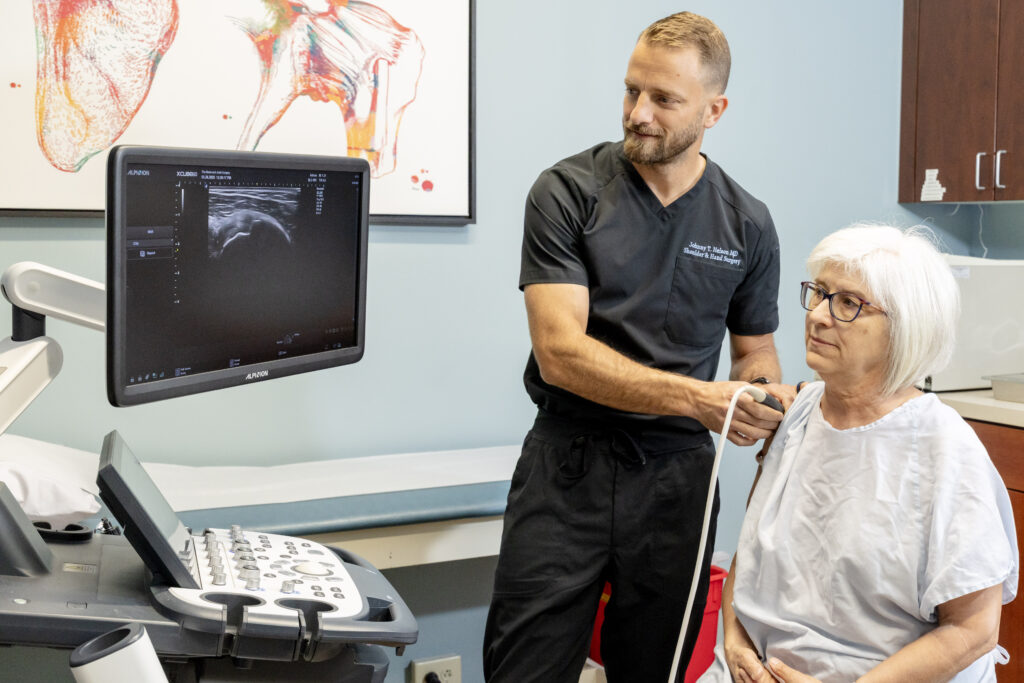

 How long do I have to wear a sling after rotator cuff repair?
How long do I have to wear a sling after rotator cuff repair?


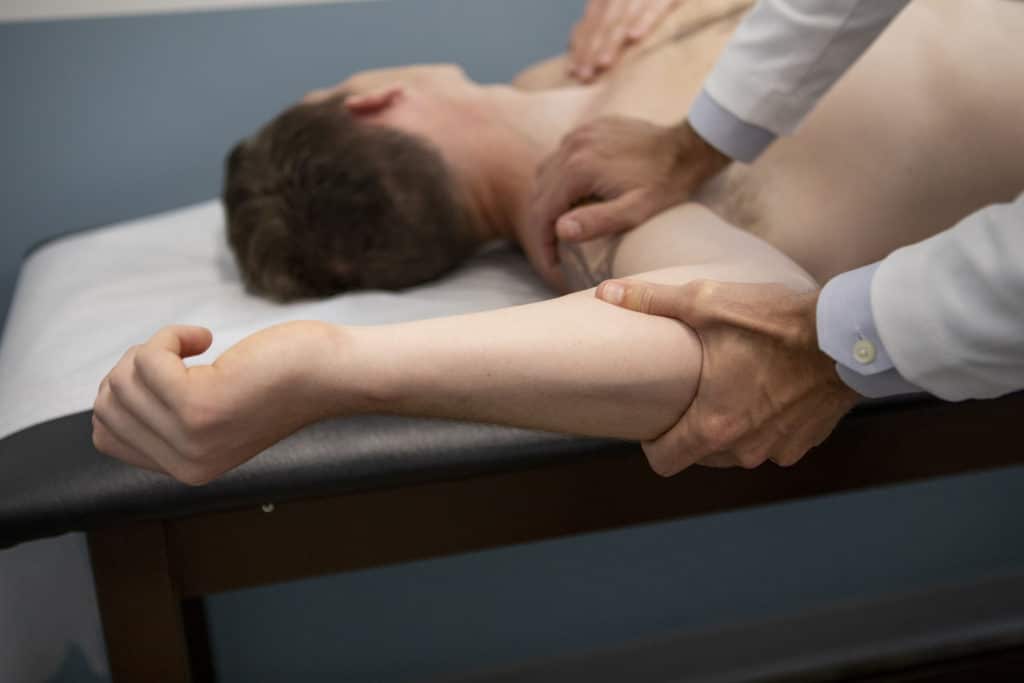
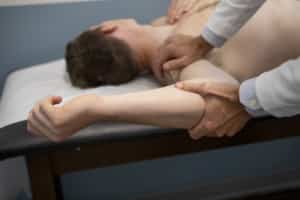 I injured my shoulder!
I injured my shoulder!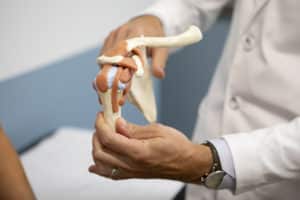 le to focus on more basic exercises to rebuild shoulder health, such as strengthening the rotator cuff muscles, stretching out the shoulder blades, and working on posture and core strengthening. This also allows for time for a proper workup to rule out more serious causes of pain (for example, rotator cuff tears).
le to focus on more basic exercises to rebuild shoulder health, such as strengthening the rotator cuff muscles, stretching out the shoulder blades, and working on posture and core strengthening. This also allows for time for a proper workup to rule out more serious causes of pain (for example, rotator cuff tears).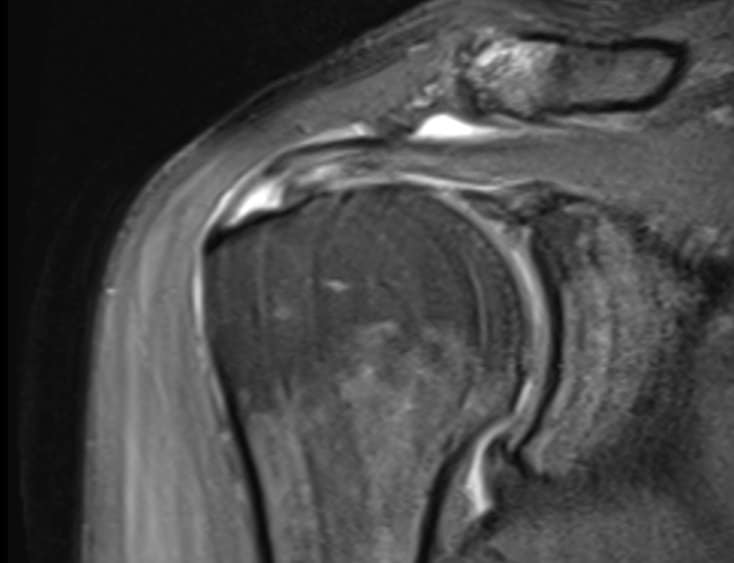
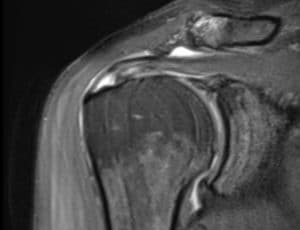 Do I have to have surgery for my rotator cuff tear?
Do I have to have surgery for my rotator cuff tear?
